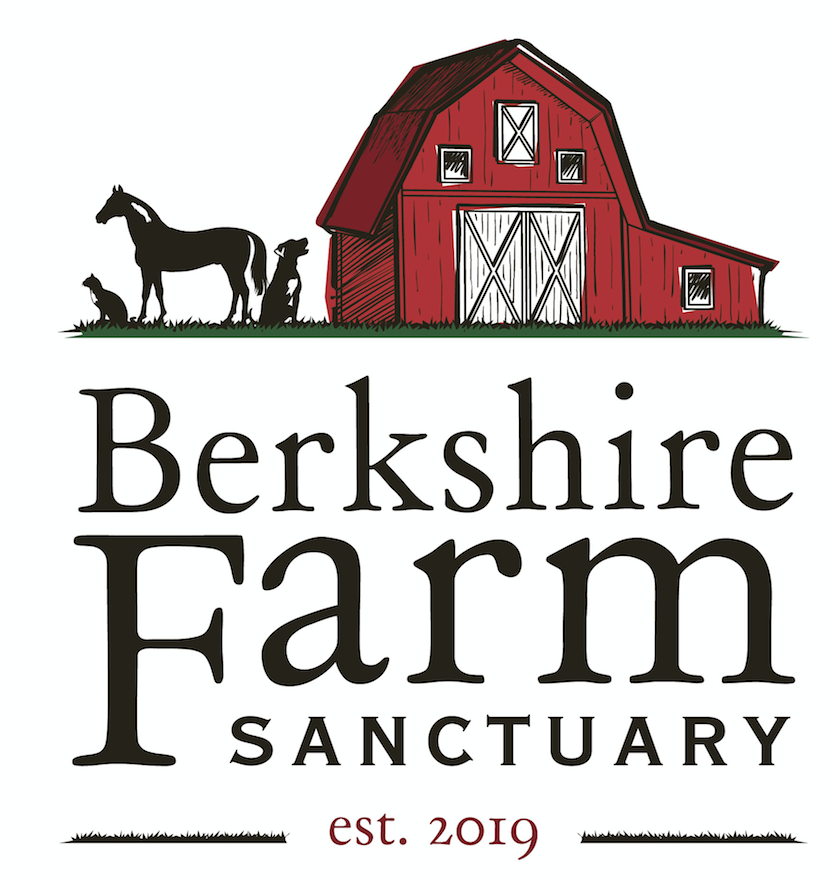The Harm of Ag-Gag Laws
For many people, the meaning behind “Ag-Gag” is relatively unknown. Ag-Gag Laws are a violation of free speech. Ag-Gag laws have been instituted to criminalize people who speak out about the cruelty and suffering of animals on factory/industrial farms, who bring attention to laws being broken that potentially jeopardize food safety, workers’ rights, and environmental standards.
With no federal laws regulating the treatment of animals in factory farms, cruelty has become the norm in the meat, dairy, and egg industries. Ag-Gag laws are designed to keep the shocking abuse that farm animals endure and the illegal activity at industrial farms and slaughterhouses, out of sight and out of mind.
Sadly, these laws have taken a step further in some states, like Arkansas and North Carolina, where laws have been passed criminalizing whistleblowers not only for speaking out about the atrocities being committed in agricultural facilities, but other businesses, including hospitals, elderly and veteran care facilities and even schools. In fact, both states allow individuals and companies to sue whistleblowers for damages of up to $5,000, per day, for documenting and recording sounds and/or images while on an employer’s property and using the evidence in a way that is damaging to the employer.
The Dangers of Ag-Gag Laws by Animal Legal Defense Fund is informative and brings to light how imperative it is to investigate, document, and publicize corporate agriculture’s abuses – for the well-being of the animals, the workers and consumers health and safety, and the environment, as well as beyond the agricultural world.
It is vital that we all educate ourselves on Ag-Gag, watch for such bills being introduced and stand up and say “No” to the states and the factory / industrial farm bullies whose desire is to violate our first amendment rights and silence our freedom of speech in order to hide the cruelty toward animals and the neglect, abuse and exploitation of humans, because at any time, anyone of us may find ourselves in a situation where we see something that needs reported or we need gathered documentation to prove a criminal act was committed against a loved one, without the threat of criminalization.

